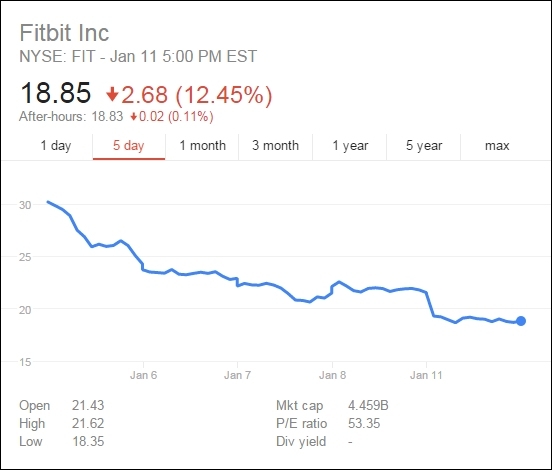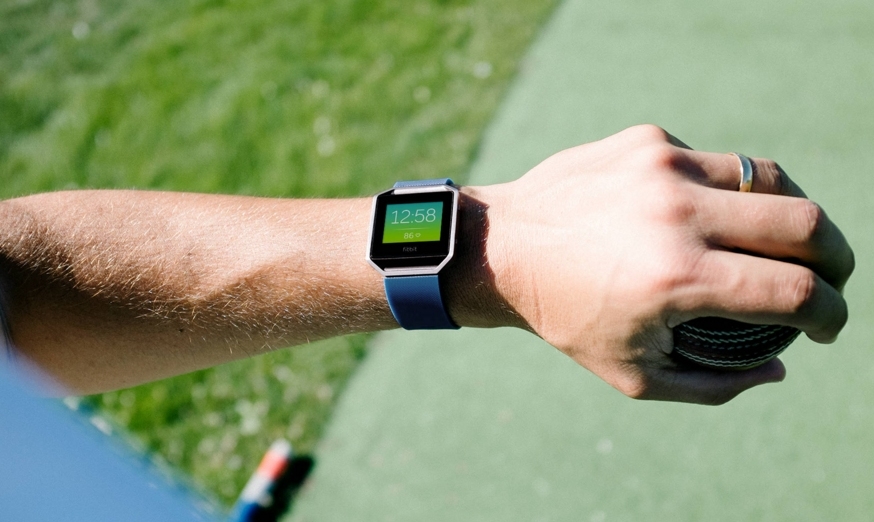Fitness tracking specialist Fitbit unveiled its first smartwatch last week ahead of the Consumer Electronics Show. The unassuming device, which Fitbit described as a smart fitness watch, hasn't exactly received the reaction executives were no doubt hoping for.
Since announcing the Fitbit Blaze on January 5, the company's share value has nearly been cut in half. Shares are currently trading south of their initial public offering price of $20 for the first time ever, leading many to wonder what went wrong.
On the surface, there's not much to dislike about the Fitbit Blaze. Its outward appearance is arguably no better or worse than the competition and its five days of promised battery life is rather impressive. Even still, analysts are divided on the subject.

S&P Capital IQ analyst Angelo Zino believes Fitbit should focus on products that cost less than $100 and focus heavily on wellness. An analyst from Leerink Research concurs, viewing the Blaze as a strategic misstep and a style miss with poor sales prospects. Another analyst from the same firm disagrees, seeing the Blaze as an improved fitness band that health-conscious consumers will like.
R.W. Baird noted last week that investors may also be concerned about the lack of updates to existing Fitbit products like the Charge and Charge HR.
Legal issues aren't helping matters, either. Fitbit last week fielded a class-action lawsuit from numerous customers complaining of the inaccuracies of select Fitbit wearables. Specifically, the suit alleges the heart rate monitor within its PurePulse trackers are off by a "very significant" margin.
Fitbit spokesperson Heather Pierce told Bloomberg via e-mail they do not believe the case has merit. Fitbit stands behind its heart rate technology, Pierce said, adding that they plan to vigorously defend the lawsuit.
